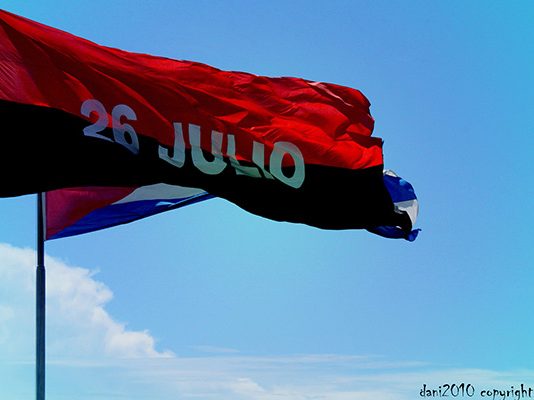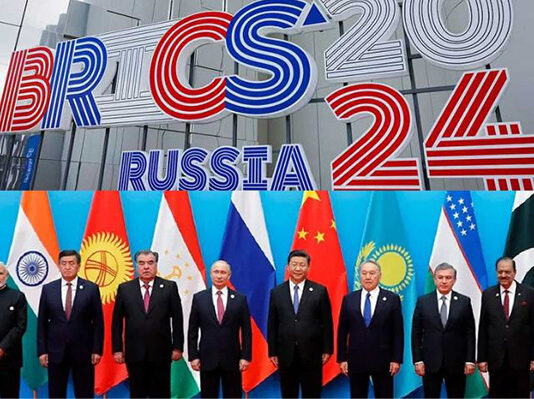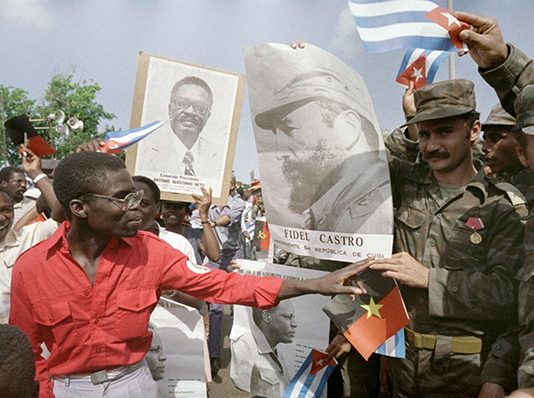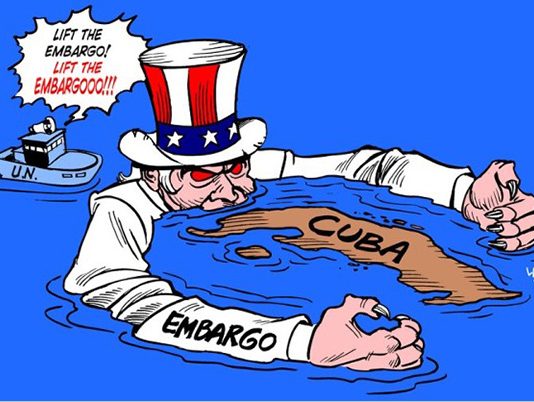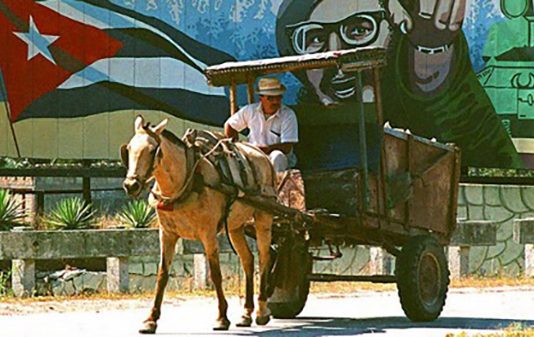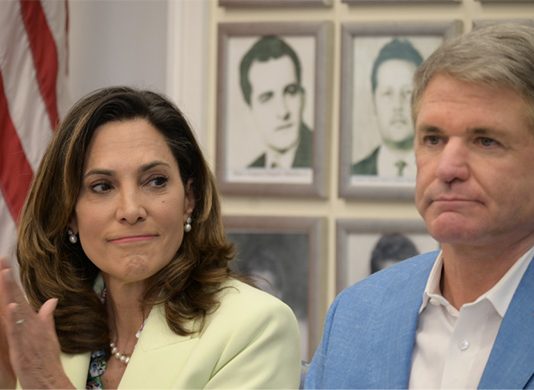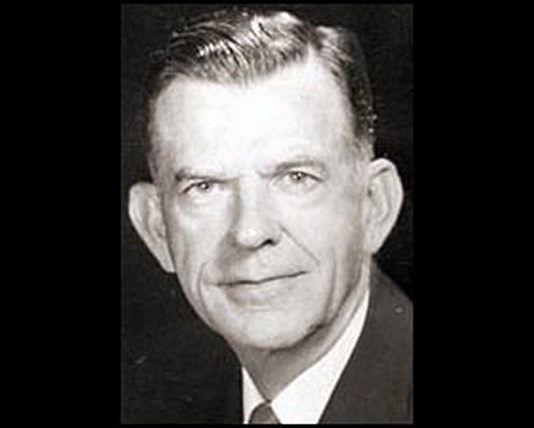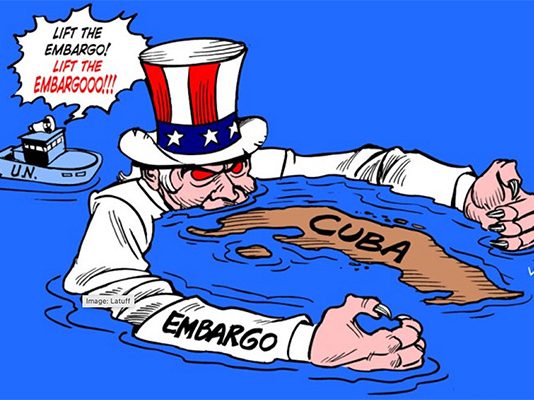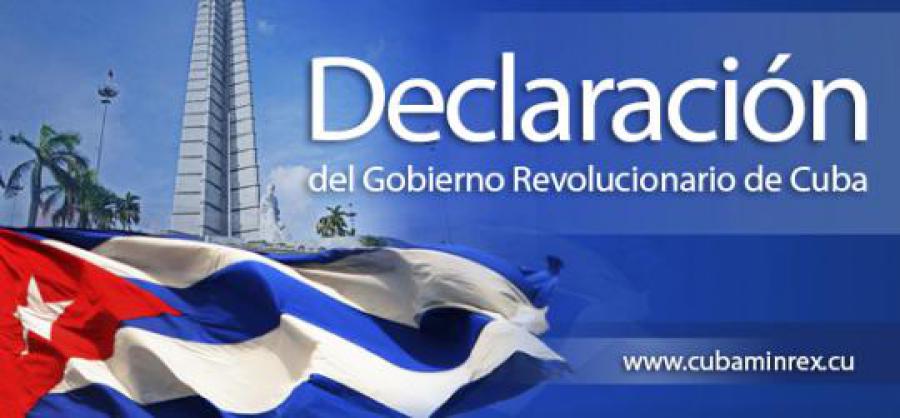For over 60 years, the United States government has been trying to overthrow the Cuban revolution. Using assassination attempts, sabotage, bombs, spies and more, Washington has made it clear over and over that it will not rest until Cuba is returned to semi-colonial status. In the face of these attacks the Cuban people have survived, going on to defend and continue to build their revolution. The efforts of socialist Cuba to develop a society based on equality and justice where all people have rights show their resilience and determination in the face of U.S. covert action launched from just 90 miles away...
Repeating role as member of Cold War Non-Aligned Movement
Cuba was accepted with 12 other countries as an associate member of BRICS (Brazil, Russia, India, China, South Africa) at the 16th BRICS summit in Kazan, Russia in late October.
The other new associate members, which bring the BRICS grouping to...
Cuba Played a Crucial Role in the Demise of Apartheid While the CIA Helped Uphold It for Decades
Isaac Saney - 0
Between 1975 and 1991, Cuba embarked on a remarkable internationalist mission known as Operación Carlota. This mission was undertaken to defend Angola's newly found independence from an invasion by apartheid-era South Africa, and it played a pivotal role in the broader African anti-colonial and national liberation struggles.
Over 400,000 Cubans...
The 60-Year U.S. Blockade on Cuba is an Abomination Just as Great as Guantanamo Bay—With no End in Sight
David Starr - 4
“El Bloqueo” (The Blockade) is what Cubans call it. It is a 60-year-old abomination. It is the U.S. embargo against Cuba.
Imposed by U.S. President John F. Kennedy in 1962, the embargo has and continues to be an utter failure in its objective, that is, trying to fuel a counter-revolution...
Workers Parliaments Saved Cuban Revolution After Collapse of the Soviet Union in the 1990s and Can Save it Again
Jeremy Kuzmarov - 0
Cuba is currently facing what National Public Radio (NPR) called its worst economic crisis in decades, fueled by the U.S. blockade, diminished access to Venezuelan oil and the lingering effects of the COVID-19 pandemic.
Power cuts, due to the lack of oil supplies, are common and can sometimes last up...
No Significant Change in U.S. Policy Toward Cuba As the Biden Administration Concedes That It “Has Not Even Begun the Review Process” to Remove Cuba from the List of State Sponsors of Terrorism
The U.S.-enforced embargo on Cuba is now more than 60 years old. First introduced by the Kennedy...
House Foreign Affairs Committee Marks Anniversary of Cuba’s July 2021 Uprising With Renewed Calls For Regime Change
Jeremy Kuzmarov - 1
To commemorate the two-year anniversary of right-wing protests in Cuba in July 2021, the House Foreign Affairs Committee sponsored a roundtable next to the Bay of Pigs museum in Miami, Florida, that affirmed U.S. calls for regime change in Cuba.
House Foreign Affairs Committee Chairman Michael McCaul (R-TX) said that...
From the JFK Documents File: CIA Operative William Pawley Planned with Right-Wing Cuban Terrorists to Sabotage Cuba’s Sugar Supply in the 1960s
Editors - 1
Pawley ironically believed U.S. funding to exile operations would be putting money down a rat-hole because Cuban revolutionary leader Fidel Castro was in control of Cuba and had the support of a large number of Cubans, especially the underprivileged.
MEMORANDUM FOR THE RECORD
SUBJECT: Highlights of Tape-Recorded Conversation in Miami...
Cuban President Miguel Díaz-Canel is Defiant as President Joe Biden Extends Criminal Blockade on Cuba For 61st Year
Jeremy Kuzmarov - 1
Díaz-Canel Characterized Blockade As Part of a “Tightened Siege” Resulting from An “Unjust International Order”
On September 14, President Joe Biden announced the extension of the U.S. blockade of Cuba for another year, until at least September 14, 2024.
In a memorandum directed to the Secretary of State and Secretary of...
Declaration by the Republic of Cuba: Stop U.S. Imperialist Military Aggression Against Venezuela
Editors - 2
The Revolutionary Government of the Republic of Cuba condemns the escalation of pressures and actions of the U.S. government in preparation for a military adventure under the guise of a “humanitarian intervention” in the Bolivarian Republic of Venezuela and calls on the international community to mobilize in order to...
